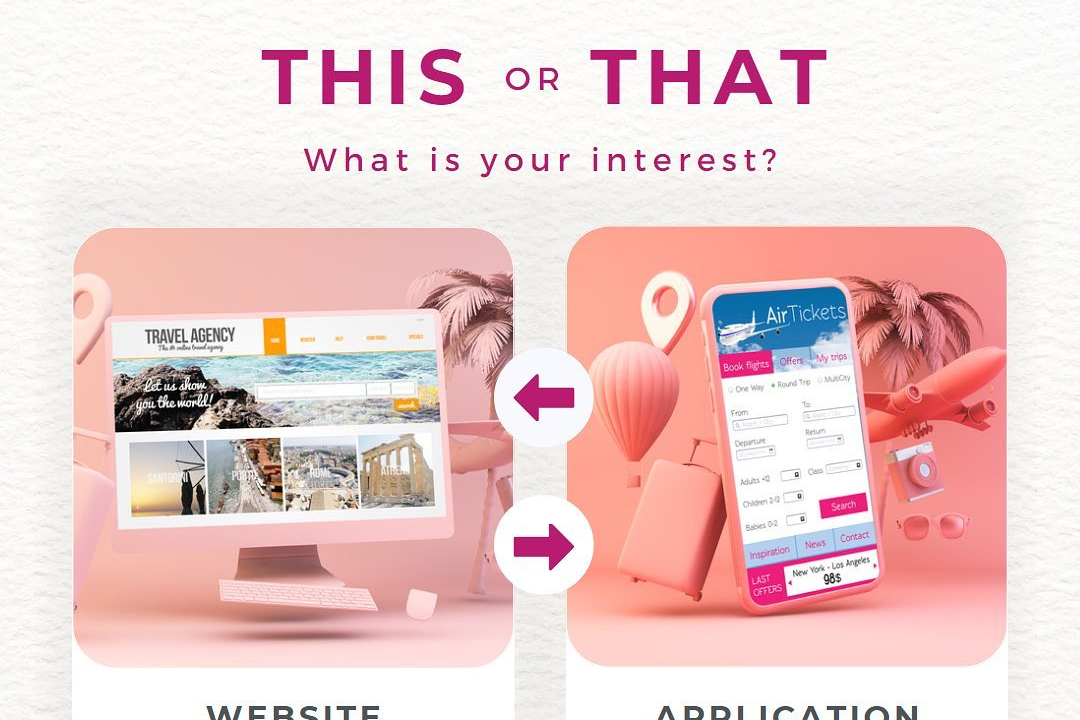Flutter Application Feedback
Enhancing Flutter Application User Experience: Feedback Insights
Flutter Application Feedback
Flutter application feedback refers to the mechanisms and tools integrated into Flutter apps that allow users to share their experiences, report issues, and suggest improvements. This feedback can be gathered through in-app forms, surveys, or feedback buttons, enabling developers to understand user satisfaction and identify areas for enhancement. Additionally, developers can implement analytics tools to track user behavior and issues in real-time. Effective feedback processes are crucial for iterative development, as they inform updates and new features, ultimately leading to an improved user experience and better app performance. Flutter's rich ecosystem supports various libraries and plugins that facilitate the seamless collection of feedback, making it easier for developers to stay connected with their user base.
To Download Our Brochure: https://www.justacademy.co/download-brochure-for-free
Message us for more information: +91 9987184296
1 - Understanding User Feedback: Educating students on the importance of collecting and analyzing user feedback to understand the needs and preferences of app users.
2) Feedback Channels: Discussing various methods to gather feedback, such as in app surveys, feedback forms, social media, and direct user interviews.
3) In App Feedback Widgets: Demonstrating how to implement feedback widgets in Flutter applications using packages like `flutter_feedback`.
4) Rating Systems: Teaching how to implement rating systems in apps to quantify user satisfaction and identify areas for improvement.
5) Feedback Analysis Techniques: Introducing students to methods of analyzing qualitative and quantitative feedback data, such as sentiment analysis or statistical methods.
6) Prioritizing Feedback: Explaining how to prioritize feedback based on impact and feasibility to make informed decisions on app improvements.
7) User Experience (UX) Research:Guiding students on conducting UX research to gain deeper insights into user interactions and pain points.
8) Iterative Design Process: Emphasizing the iterative nature of app development, where feedback is continuously integrated into the design and development cycles.
9) Bug Reporting: Outlining how to create a system for users to report bugs easily, and how to manage and implement fixes.
10) Feedback Loop Creation: Teaching students how to establish a feedback loop where users see their suggestions being implemented, thus encouraging further engagement.
11) Community Engagement: Focusing on building a community around the app where users can share their experiences and feedback openly.
12) A/B Testing: Introducing A/B testing as a method for gathering user feedback on different app versions to determine which features or designs perform better.
13) Utilizing Analytics Tools: Showing how to integrate analytics tools like Firebase Analytics to track user interactions and infer feedback indirectly from usage patterns.
14) Creating Prototypes: Encouraging students to create prototypes and gather initial feedback even before full scale development, using tools like Flutter’s widget inspector.
15) Documenting Feedback Process: Teaching the importance of documenting user feedback processes and results, making it easier to reference and track changes over time.
16) Continuous Improvement Culture: Instilling a mindset of continuous improvement within students, emphasizing that feedback collection is a lifelong process in app development.
17) Responsive Design Considerations: Discussing how user feedback can guide responsive design choices to enhance usability across different devices and screen sizes.
18) Ethical Considerations: Covering the ethics of user feedback collection, including obtaining consent and respecting user privacy.
19) Presenting Feedback to Stakeholders: Showing how to present collected feedback and proposed changes effectively to stakeholders or team members.
20) Leveraging Social Proof: Teaching how to use positive feedback as social proof within marketing materials and app stores to attract more users.
These points cover a comprehensive training program on Flutter application feedback that equips students with essential skills and knowledge they can apply in their development endeavors.
Browse our course links : https://www.justacademy.co/all-courses
To Join our FREE DEMO Session: Click Here
Contact Us for more info:
Java Web Services Interview Questions 2024
best java framework training institutes in hyderabad
tableau course online free
Flutter Training in Bargarh
Flutter Training in Balangir











